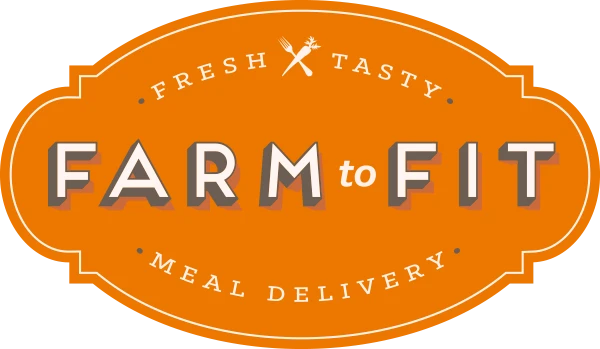Do Intermittent Fasting and Whole30® Go Together?
Posted on
Intermittent Fasting (IF) vs.Whole30®
When it comes to losing weight, improving your health, and dog grooming: we never recommend short cuts.
If you've just started a new diet or healthy eating program, you might be searching for other lifestyle changes to maximize your self-improvement.
Can you practice Intermittent Fasting and the Whole30® at the same time? Farm to Fit takes a look at two of our favorite programs to find out if they work together, why or why not, and how to determine what works for you.

What is Intermittent Fasting?
Most meal programs worry about what you eat. Intermittent fasting (IF) is more concerned with when. IF refers to any diet with time-based eating restrictions, no matter the intervals. Many practice fasting (not consuming anything but non-caloric beverages like water, coffee, or tea) for 16 hours between dinner and breakfast. Some advocate fasting for 24 hours one to two days a week. IF doesn’t require a caloric deficit, only that you consume calories within a defined window.
While IF has been a hot topic as of late, there’s still not enough quality research to back up many of its health claims. Small studies (usually animal based) have found intermittent fasting to lower blood sugar, cholesterol, and blood pressure.

What is the Whole30®?
We’re no strangers to the Whole30® plan - check out our Whole30 meal delivery option - but here’s a refresher for those who are: The Whole30® focuses on re-establishing our relationship with nutrition by cutting out processed foods, grains, legumes, dairy, sugar, and alcohol for a period of thirty days. After thirty days, eliminated food groups are reintroduced into the diet one by one to single out any allergies or intolerances.
Whole30® can be tough due to its strict ruleset, but its limited timeline makes it more manageable. Like IF, there is still very limited scientific study available on the effects of the Whole30®.
Can you do intermittent fasting and Whole30® together?
Because the Whole30® focuses on what you eat and intermittent fasting focuses on when you eat, it seems as though they’d make a natural pair.
Whole30® founder Meissa Urban, however, explicitly asks Whole30® followers to not fast during their 30 days. “There’s already a lot going on," she says, "so please don’t throw an IF monkey wrench into the works. If you change too many things at once, you’ll never know what’s responsible for the positive or negative effects of your new dietary protocol.”
She cites poor IF practices like not consuming a day’s worth of calories and late-night snacking as potential dangers, but her main argument against combining the plans is an overload of stress. "Adding IF to an already stressed system can backfire, leaving you less metabolically healthy (and less lean) than when you started."
Skipping breakfast is a popular practice in intermittent fasting circles, but both Melissa and Whole30® contributor Shanna Keller believe this is due to already imbalanced eating.
"if you’re not hungry in the morning, it’s a good indicator that hormones like leptin and/or cortisol aren’t rising and falling when they should be. One of the best ways to get those hormones back in line is to eat something in the morning, when it’s biologically appropriate."
For this reason, breakfast is central to Whole30®, and should be a part of your daily routine if you plan to take the program seriously. Our Whole30 meal delivery takes this into account by offering plenty of options for mouthwatering, Whole30-friendly breakfasts.

Whole30® versus IF
So which program is right for you? As always, consider your goals first. Are you more focused on health benefits or weight loss? Are you searching for a long-term or short-scale plan? What changes do you think will be most difficult for you to maintain?
Ultimately, Whole30® and IF have distinct strengths and weaknesses. Whole30 can help you better understand how different foods affect your body and help reestablish your natural hormonal hunger cycle. Intermittent fasting can help you lose weight without restricting foods by calories and can help insulin production.
If you’re set on getting the best of both worlds, consider completing a successful month of Whole30® and then transitioning into intermittent fasting. That way you’ll have successfully identified and eliminated any foods that might make your fasting more difficult. Your hunger hormones should be stabilized and as well, meaning you’ll be less likely to skip meals instead of shrinking your eating window.
So can you do intermittent fasting and whole30 at the same time?
No. If you’re going to do the Whole30®, do it right, and that means eating three whole-food meals throughout the day. Can you do intermittent fasting and whole30 together? Yes, if you start with Whole30® and transition into intermittent fasting after completion.
Remember that neither of these programs are right for everyone, and to always consult with your healthcare provider before making any drastic dietary changes.
Want to make the most of your time, no matter when you choose to eat? Start your Farm to Fit order now and get delicious gourmet meals delivered to your door! Meal plans include 1200-1600 calorie meals, paleo, vegetarian, plant-based, keto, and Whole30.
